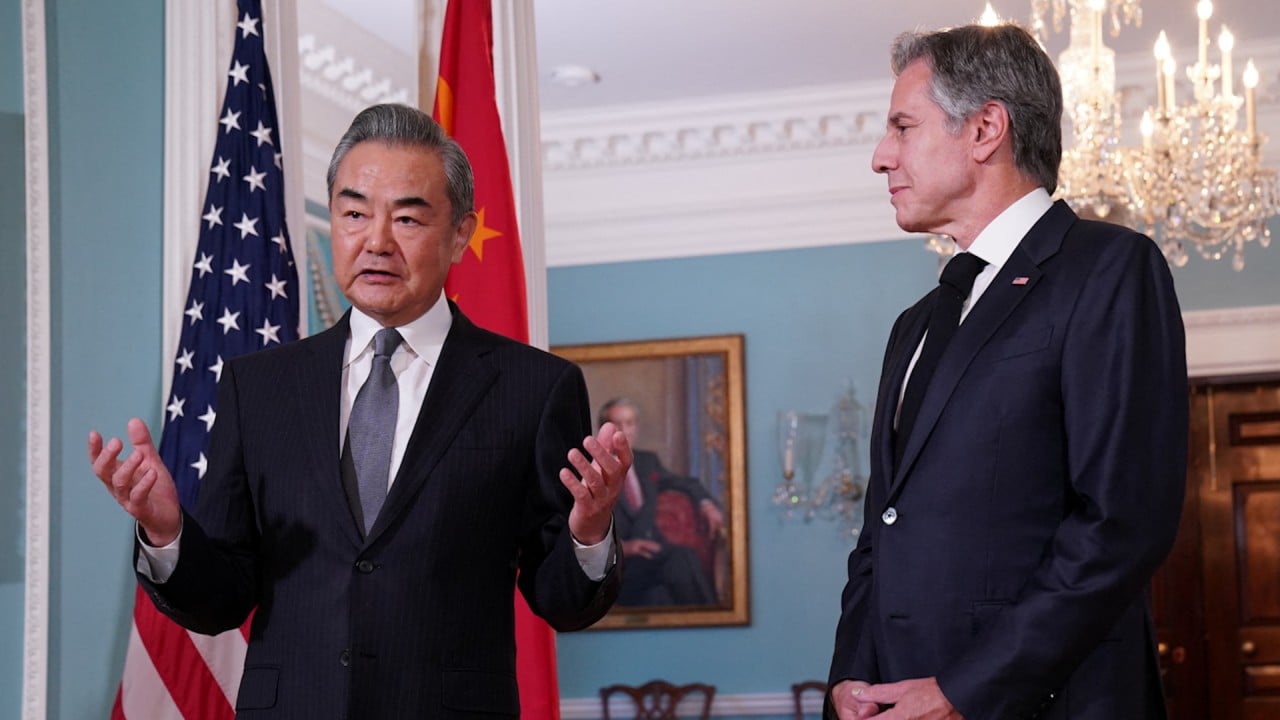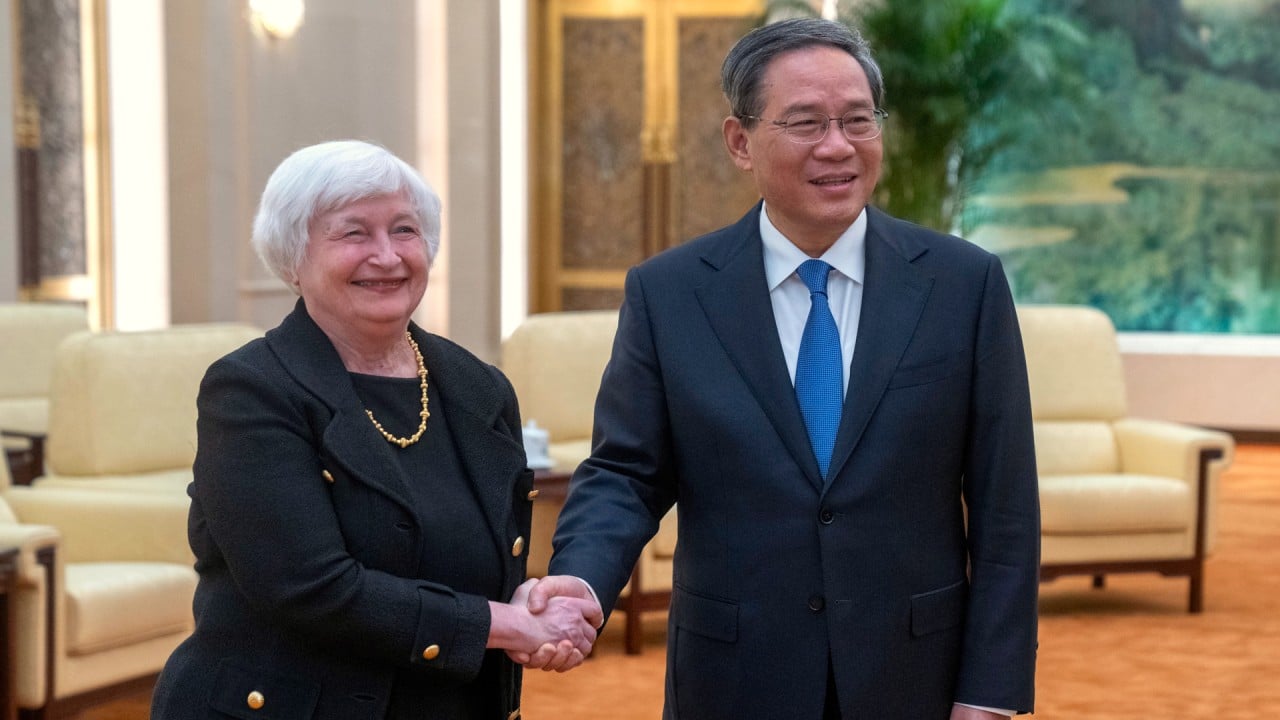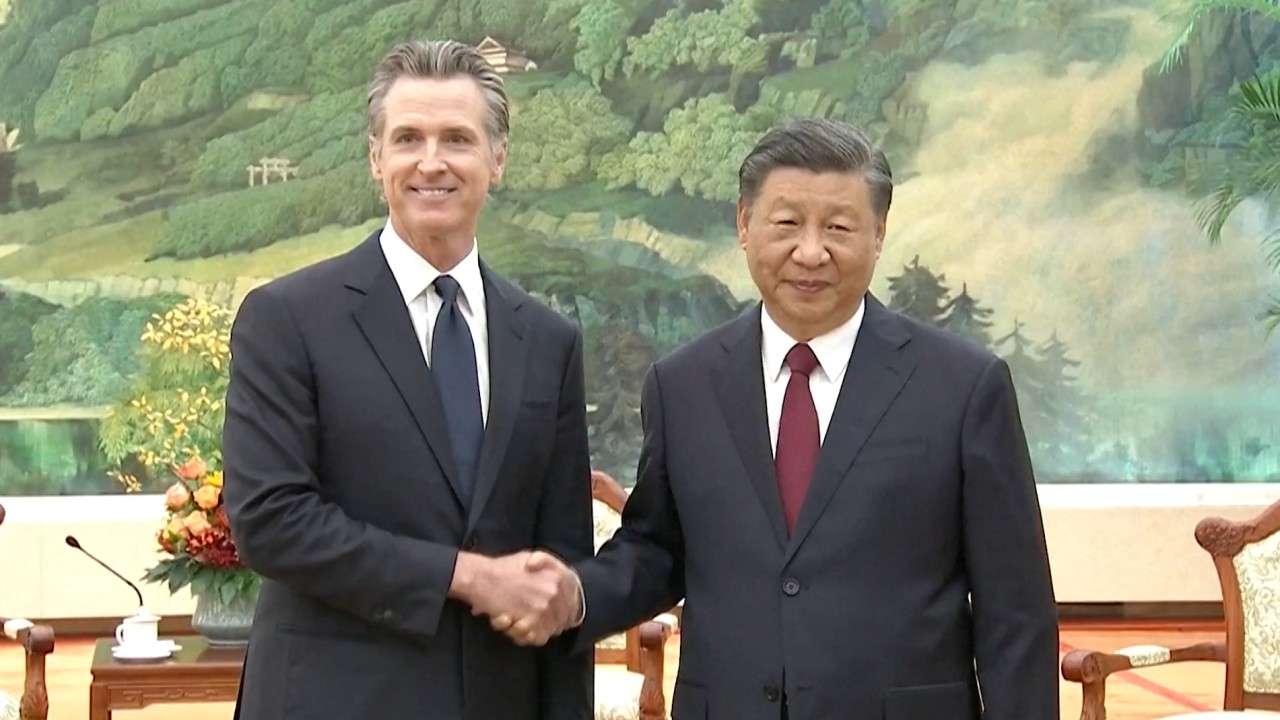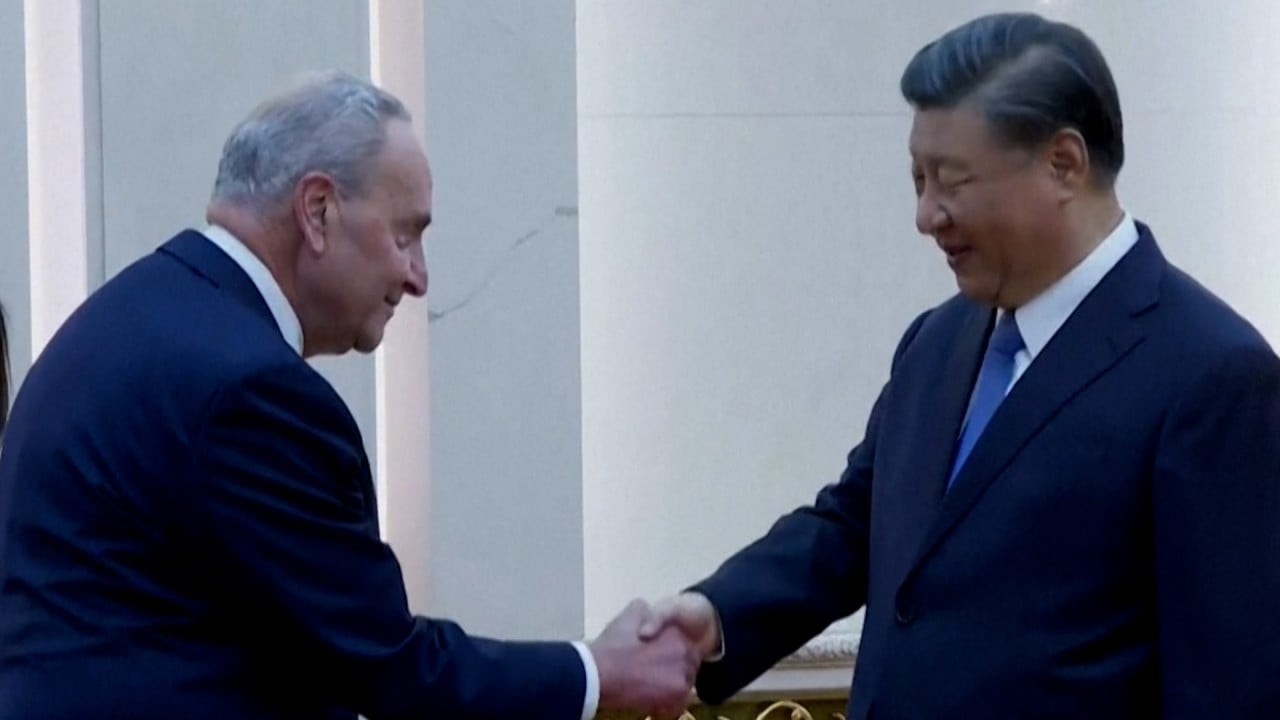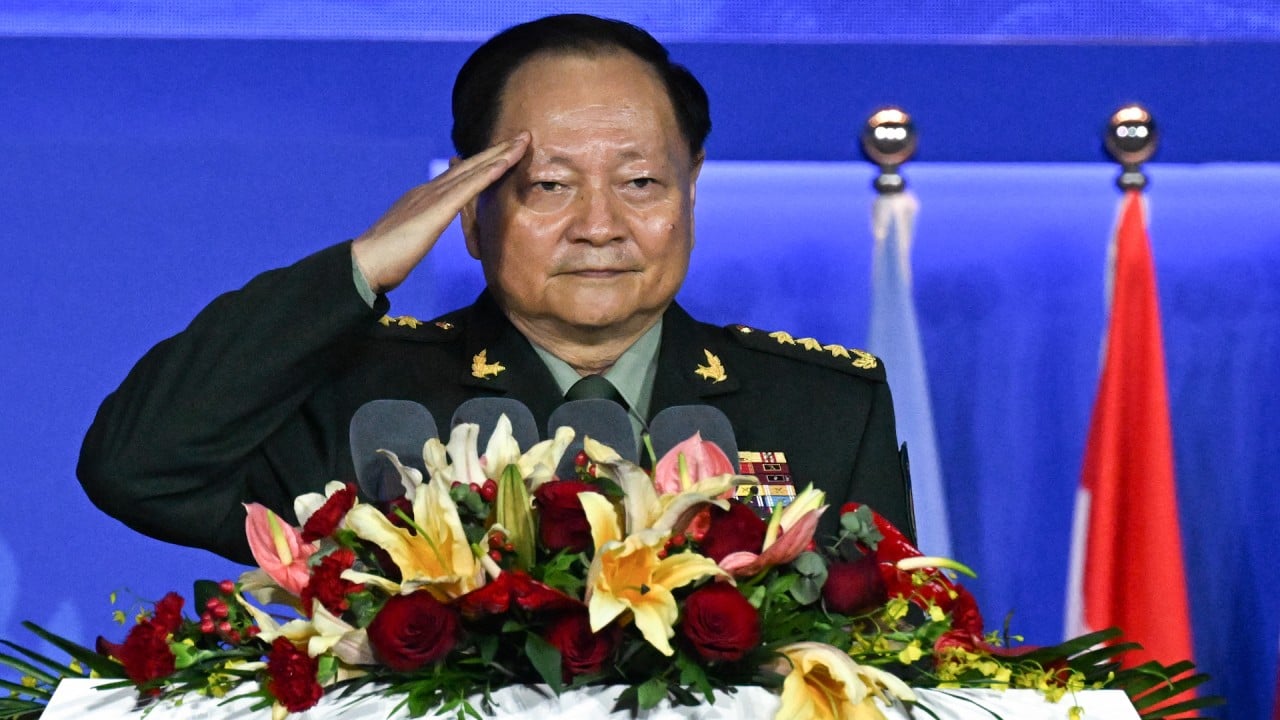
Global Impact: has economic slowdown prompted Beijing rethink as Xi-Biden Apec meeting nears reality?
- Global Impact is a weekly curated newsletter featuring a news topic originating in China with a significant macro impact for our newsreaders around the world
- In this issue, we look at the state of US-China relations, and weighs up the possibility of a meeting between presidents Xi Jinping and Joe Biden at the Asia-Pacific Economic Cooperation summit in San Francisco later this month.
In recent months, the odds for and against President Xi Jinping going to San Francisco for a summit with his US counterpart Joe Biden this month seemed to rise and fall like a ride along the streets of the city itself.
With unprecedented levels of tension between Washington and Beijing brewing over the last year, every word uttered by the two sides about each other, and every interaction, is now pulled by the gravity of a meeting that’s yet to be confirmed.
While Blinken, Yellen and Raimondo came away with little more than agreements that talking is good, other visits to China by US political figures outside of the Biden administration offered further evidence that Beijing is ready for engagement.
“It is completely possible for us to strengthen cooperation [in aspects like green development and climate change], and make it a new highlight for the development of China-US relations,” Xi told the governor.
Kerry said Beijing and Washington agreed to work together to guarantee a positive outcome for the 28th session of the Conference of the Parties (COP28) to the United Nations Framework Convention on Climate Change, to be held in Dubai later this year, and the two sides agreed to “work intensively in the weeks ahead”.
Regular dialogue between the world’s two most powerful armed forces have also been cancelled, making it harder for them to prevent accidental conflicts. Beijing also said it would stop cooperating in tackling the drugs trade, fighting crime and repatriating illegal immigrants.
Schumer and his colleagues apparently understood the risks, saying they were heading to China for “direct, candid and respectful” conversations with the Chinese leadership, on topics ranging from human rights to reciprocity for US businesses in China.
China’s economy turns corner: 7 takeaways from GDP, September activity data
While bilateral engagement has resumed on various fronts and levels, one area – military-to-military – remains largely stuck, an issue that many Pentagon officials have been stomping their feet about.
But the Pentagon missed a “good opportunity” to send US Defence Secretary Lloyd Austin to the Xiangshan Forum, where he could have met top brass of the People’s Liberation Army (PLA) and resumed long-stalled dialogues between senior military officials, according to General He Lei.
Assuming the Xi-Biden summit will happen this month, prospects for success – however that is defined – may depend on how the talks are structured.
Xi and his delegation arrived at that meeting after a personnel reshuffle at the 20th Communist Party congress, where Xi secured a third term in power and saw his closest allies promoted.
60-Second Catch-up
Deep dives
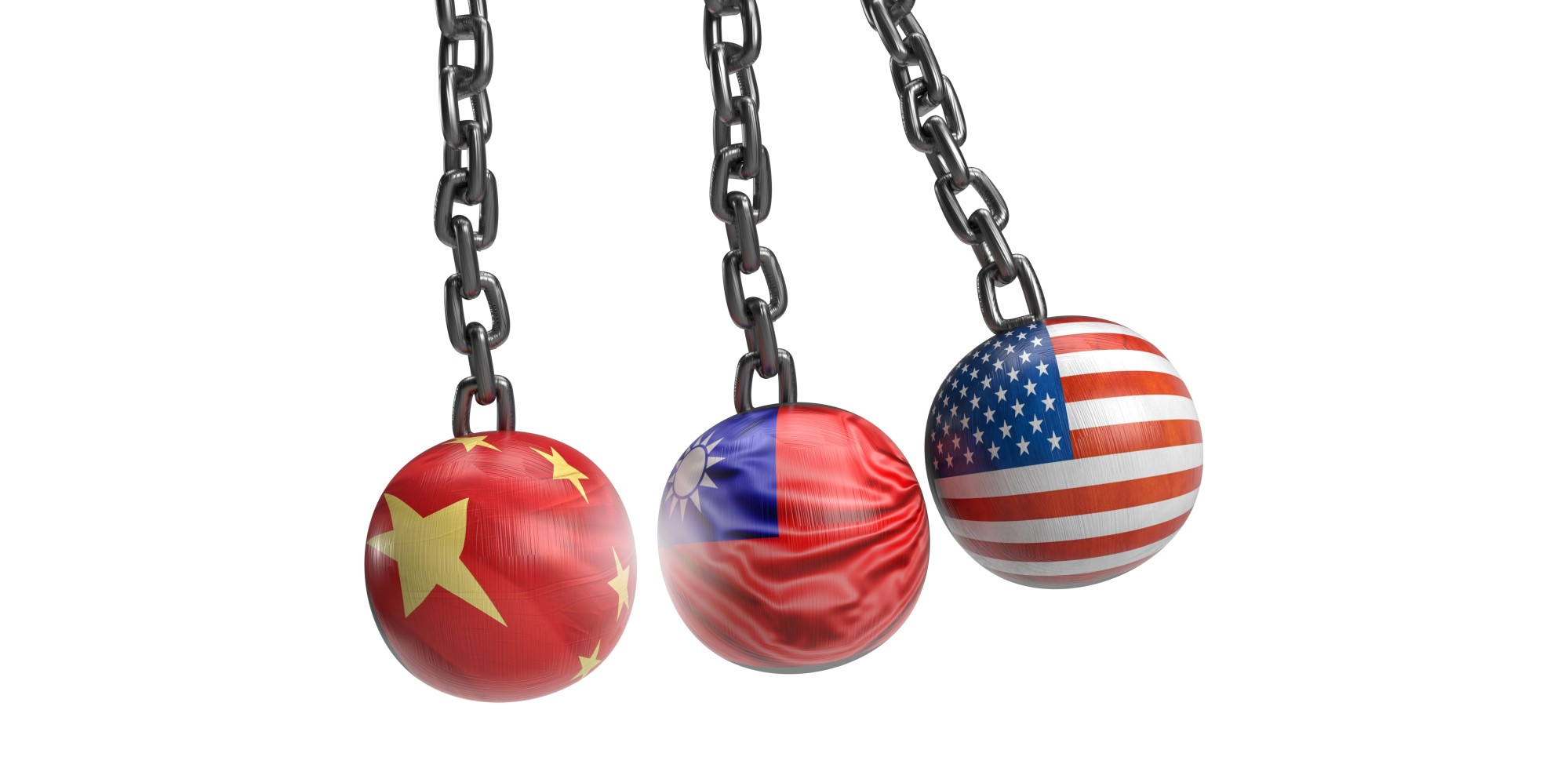
When Xi and Biden talk at Apec, managing Taiwan will top the agenda
-
Washington and Beijing share an interest in easing tensions and maintaining peace and stability across the Taiwan Strait
-
Yet the Chinese president’s recent statements ‘don’t imply he’s content with the status quo’, an analyst says
When China President Xi Jinping and US President Biden sit down in San Francisco in two weeks, among the most contentious issues on the agenda is likely to be the increasingly perilous situation in Taiwan, analysts and former US officials said on Thursday.
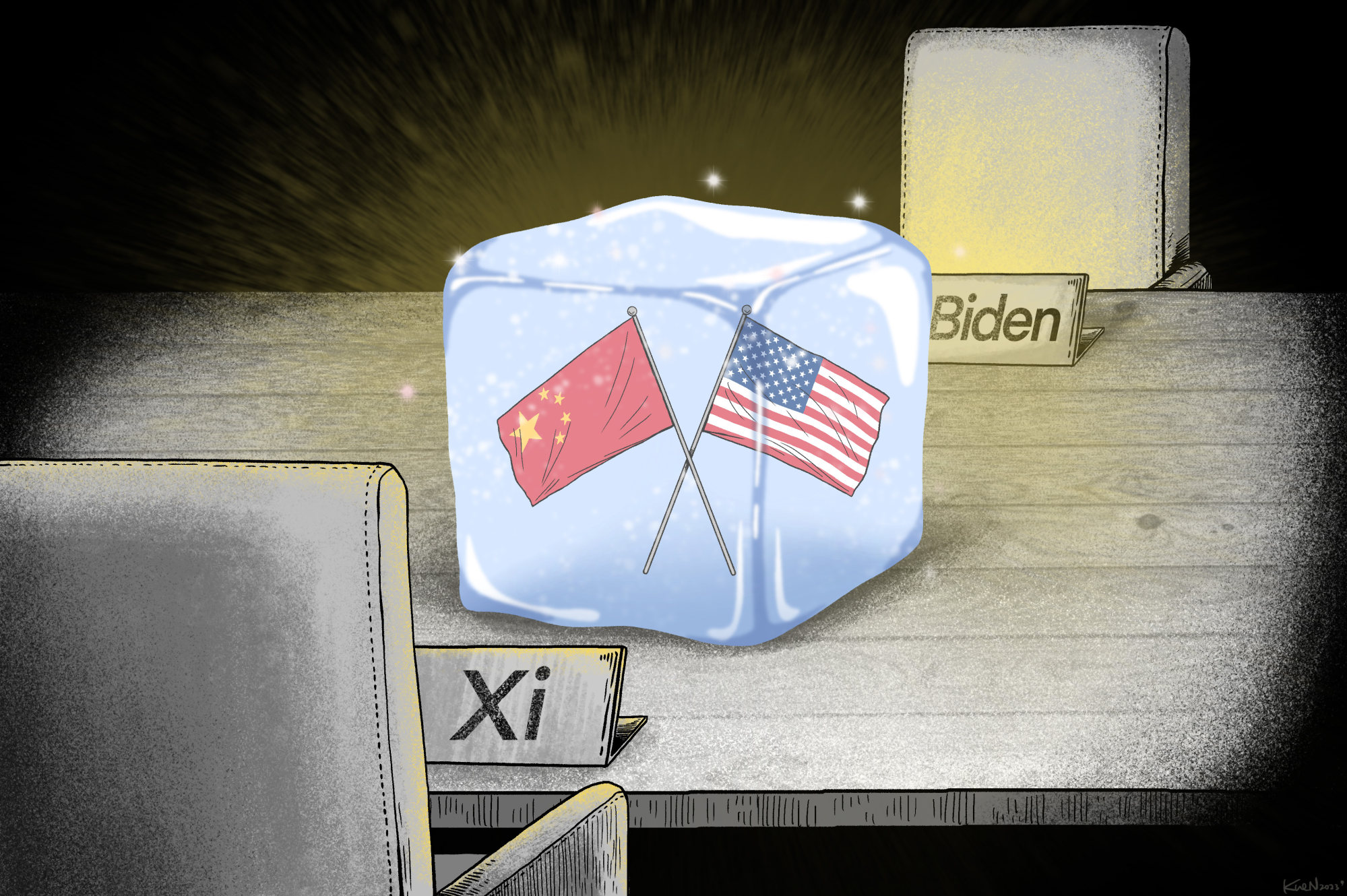
Don’t expect any breakthroughs when Xi and Biden meet, analysts say
-
The White House has confirmed that a leaders’ summit will go ahead in San Francisco this month
-
‘No major thaw’ is anticipated but it could send a signal that they’re managing their differences
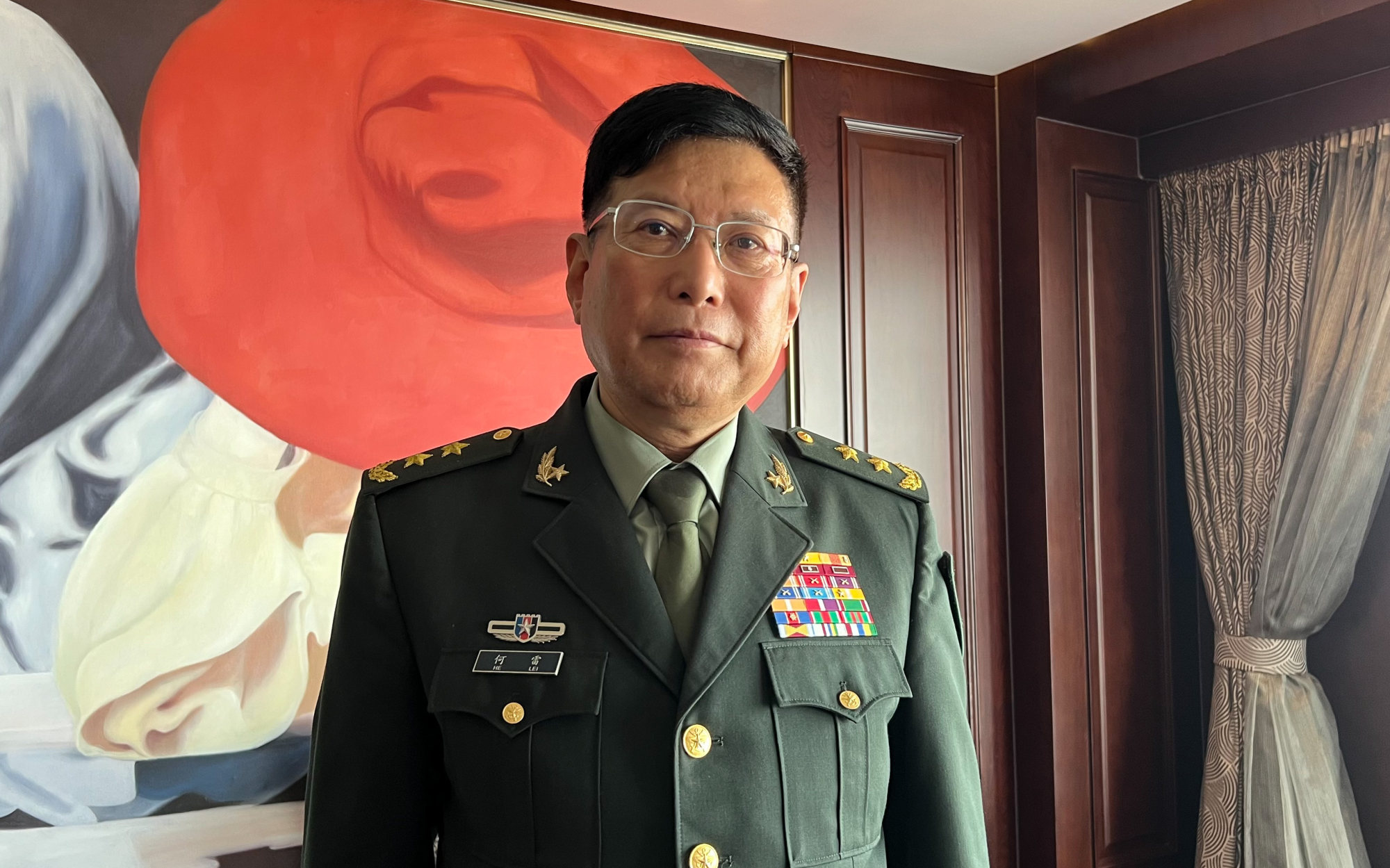
Lloyd Austin’s absence at Xiangshan Forum a missed opportunity: Chinese general
-
US defence secretary could have met top PLA brass – and maybe even President Xi Jinping – at security conference, says Lieutenant General He Lei
-
Washington frequently complains about Beijing’s refusal to engage in long-stalled dialogues between senior military officials
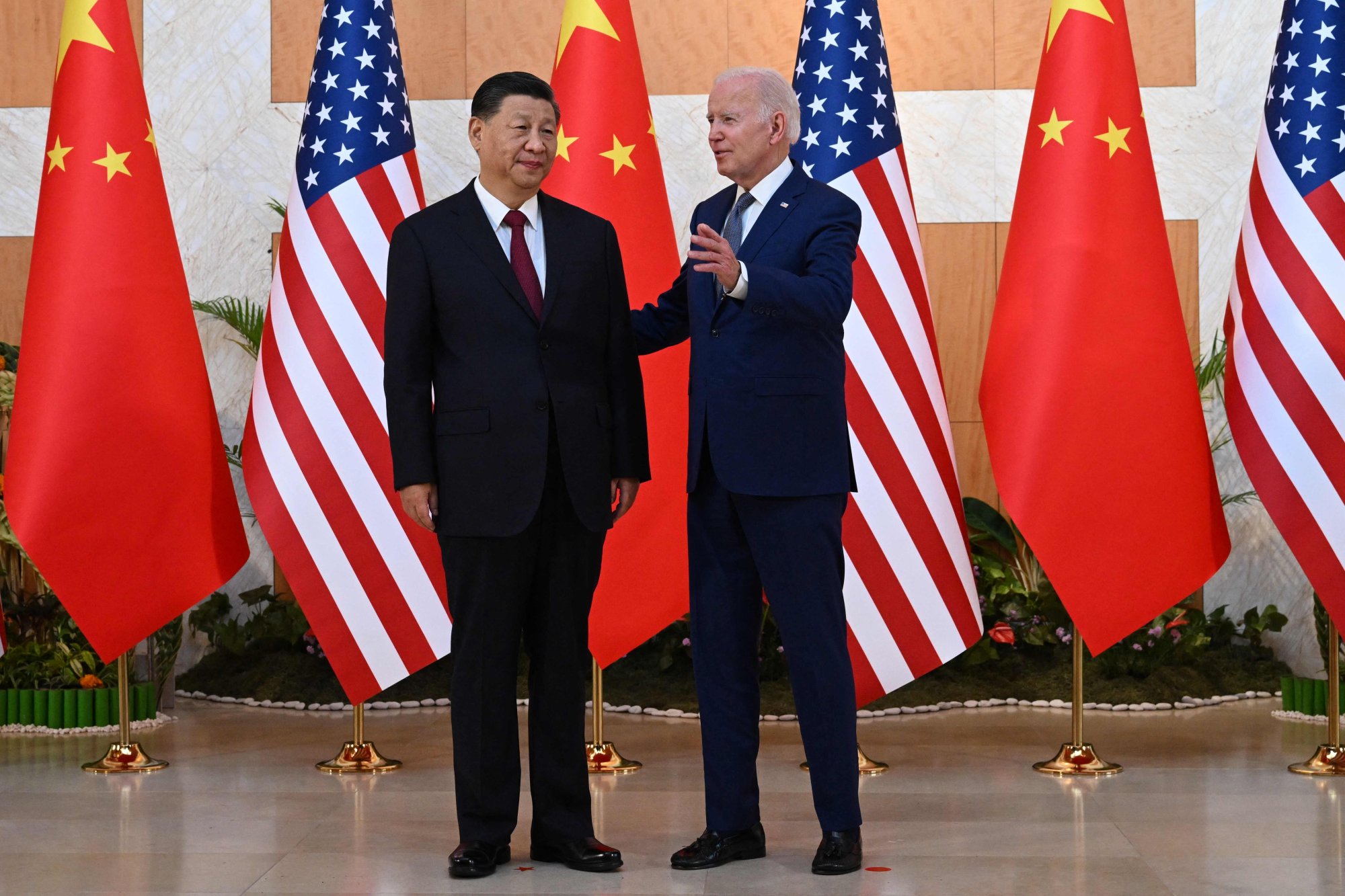
Xi-Biden summit would show talking is ‘not weakness’: former US envoy
-
Both sides ‘working pretty hard’ to make a meeting happen at November’s Apec forum, the former diplomat said during her trip to China
-
Thornton said she perceived a steadying upwards trend in the relationship during her visit
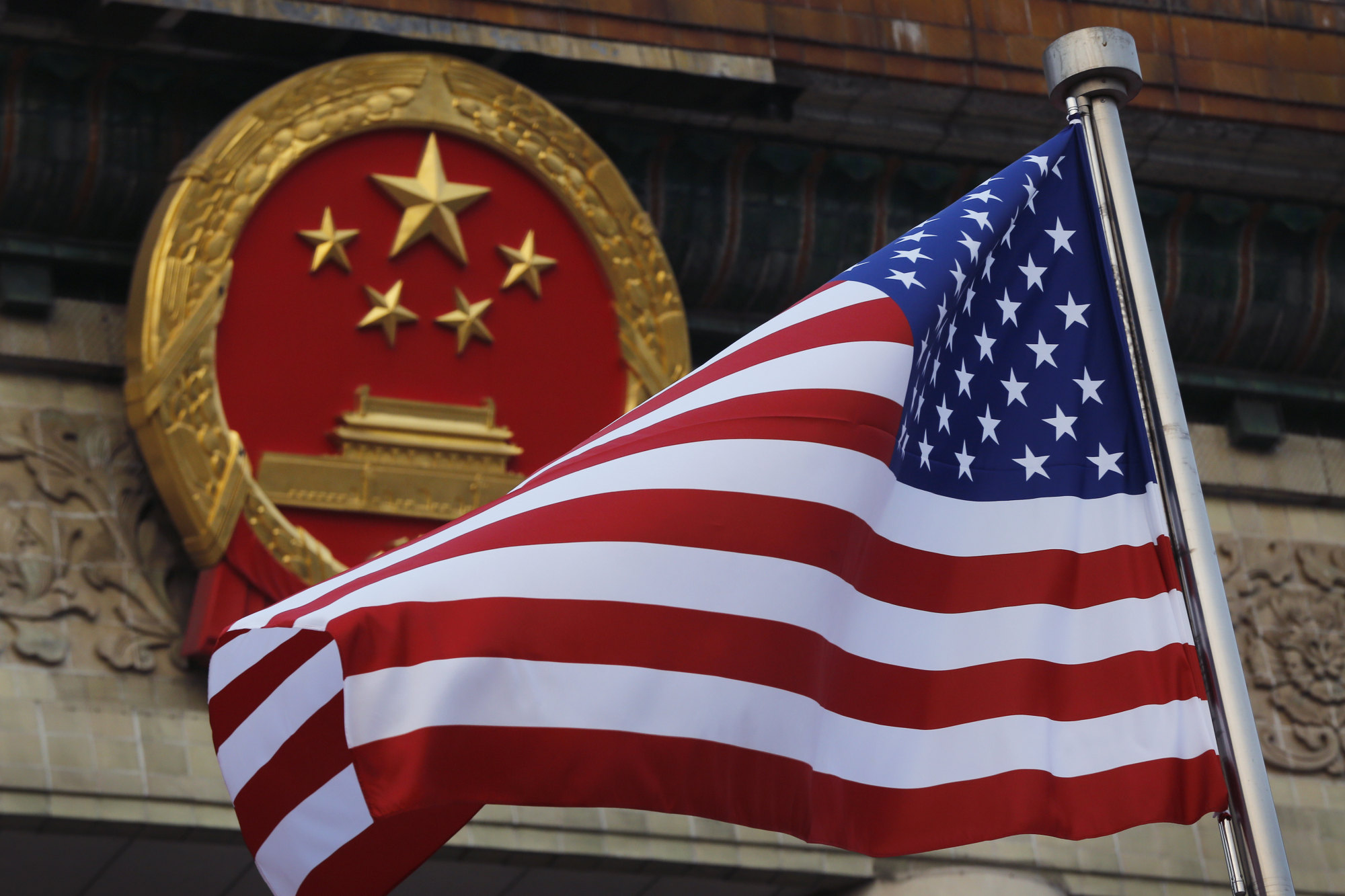
‘Differing US and Chinese objectives will limit Xi-Biden meeting outcomes’
•Ambassadors to US from Australia, Singapore and France agree it is in the interests of their countries to preserve Taiwan status quo•Singapore arrived at its positions ‘not because we want to please one side or the other, but because of our own particular circumstances’, says envoy
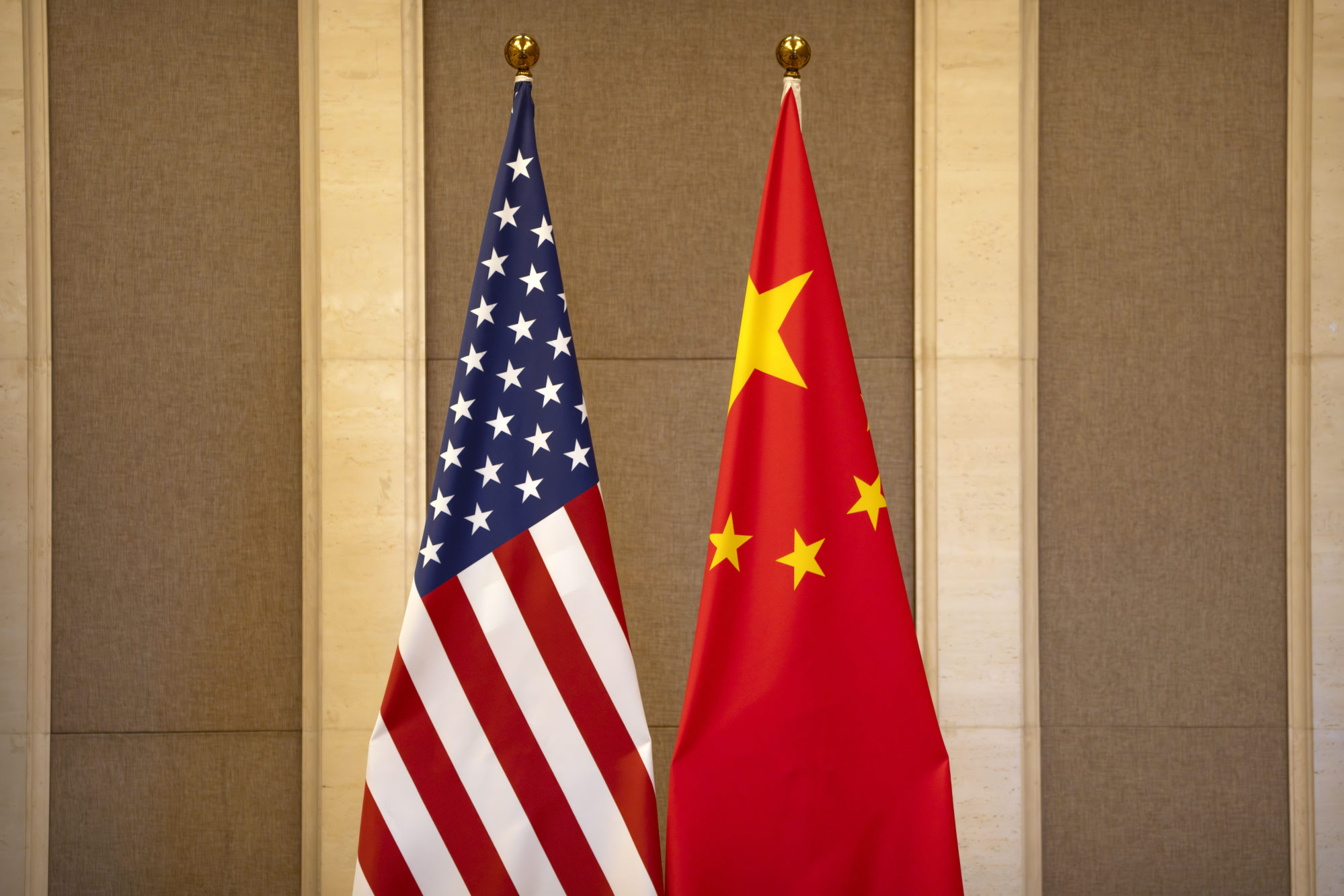
Why Xiangshan Forum could be ‘useful opportunity’ for US-China military ties
-
Senior defence officials, including from the Pentagon, will attend the three-day security conference in the Chinese capital
-
Beijing and Washington are set to restart military talks, but their geopolitical rivalry will likely be a focus at the gathering
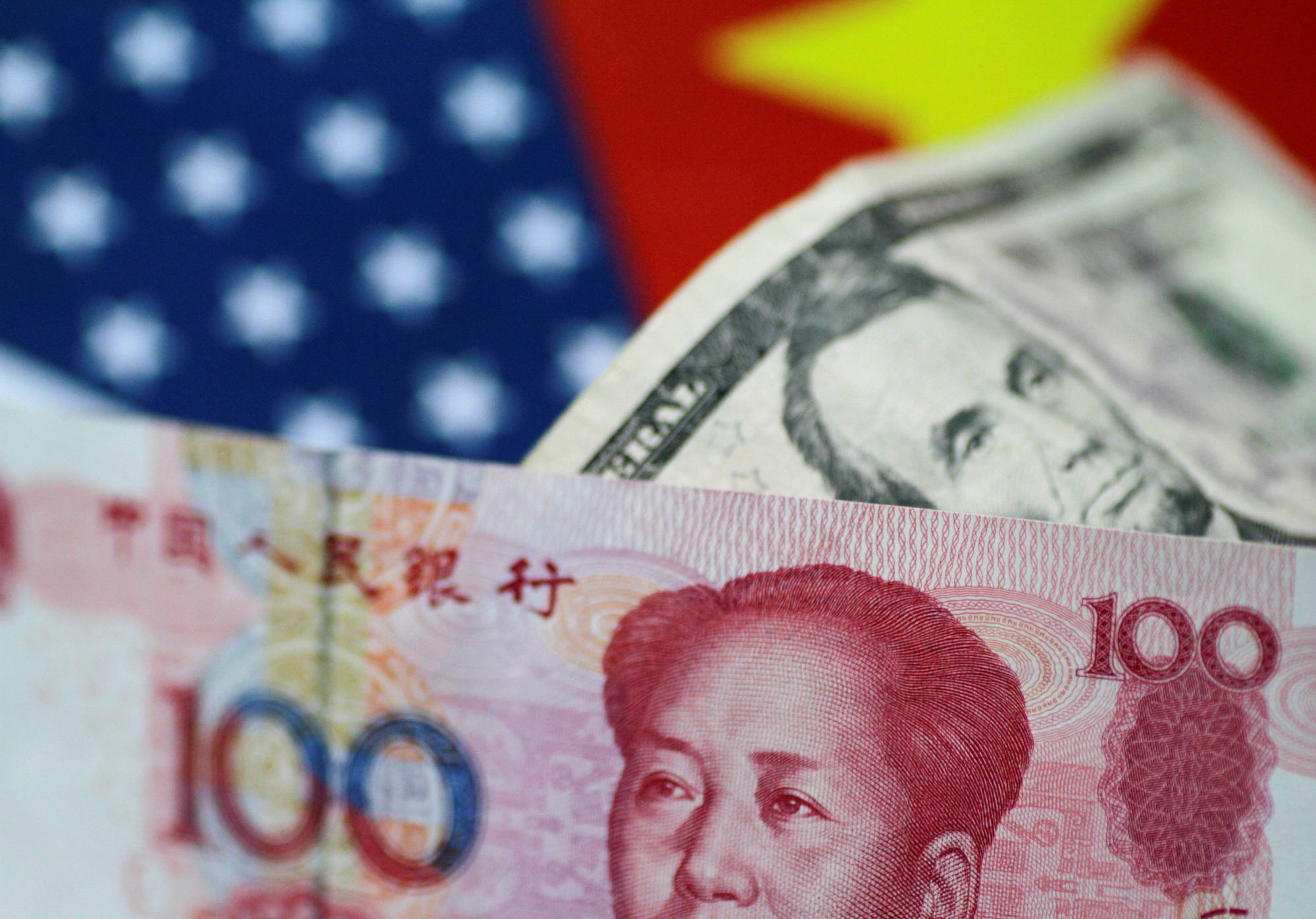
US-China financial, economic ties turn positive after ‘dangerous’ period: Yellen
-
Financial group meeting on Wednesday followed first Economic Working Group meeting on Tuesday as part of efforts to foster regular communications
-
US Secretary of the Treasury Janet Yellen said the US and China ‘have had a set of very constructive and deepening discussions about areas of mutual concern’
Senior finance officials from China and the United States had “professional, pragmatic, candid and constructive” discussions over financial stability, supervision and regulation at the first meeting of a new financial group this week.
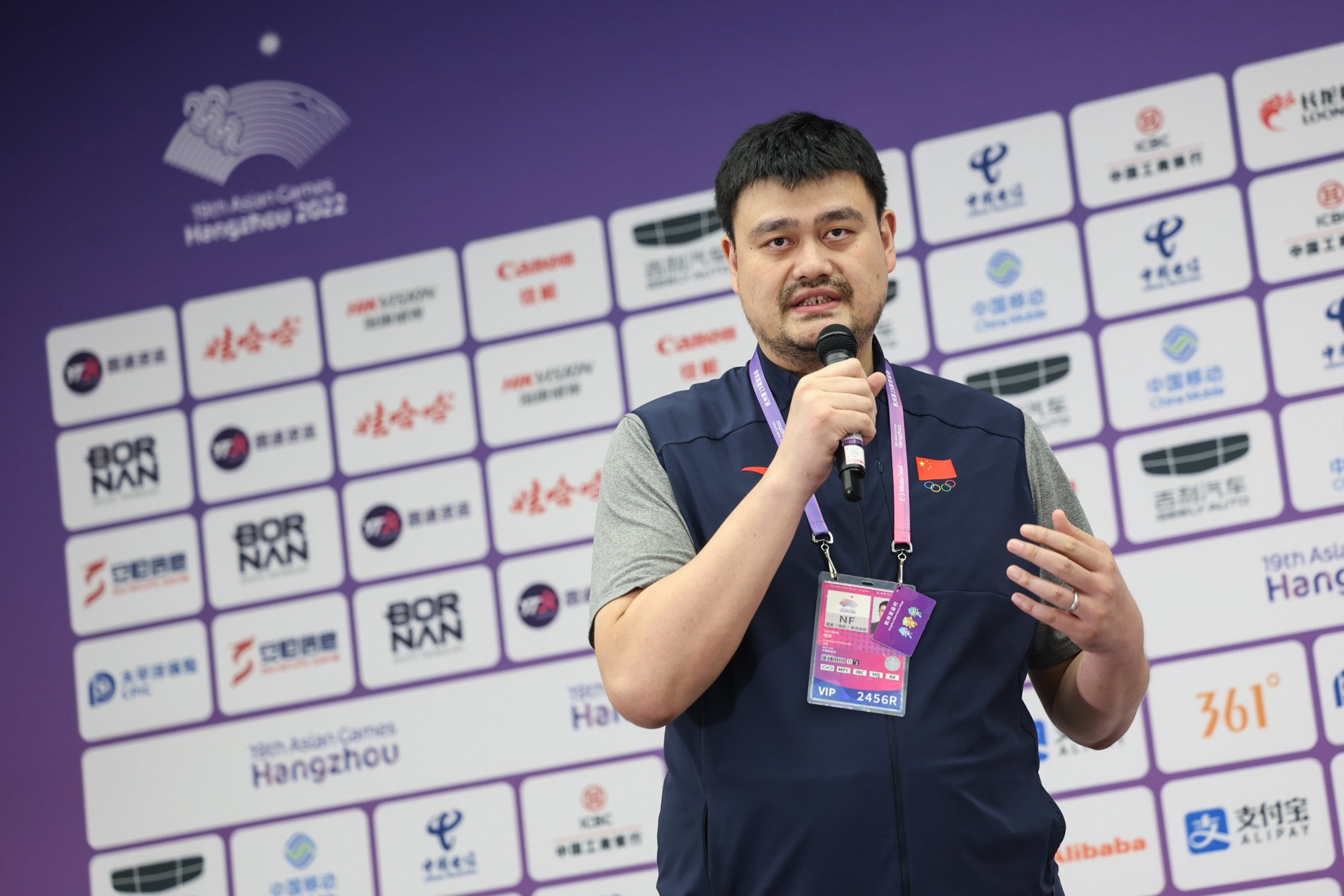
Leading Chinese academic and cultural figures urge Sino-US ‘friendship’
-
Soft power push by Beijing sends delegation including former NBA star Yao Ming to New York ahead of likely meeting between Xi Jinping and Joe Biden
-
Amid optimism, speakers concede bilateral relations have been frosty with little likelihood of quick turnaround
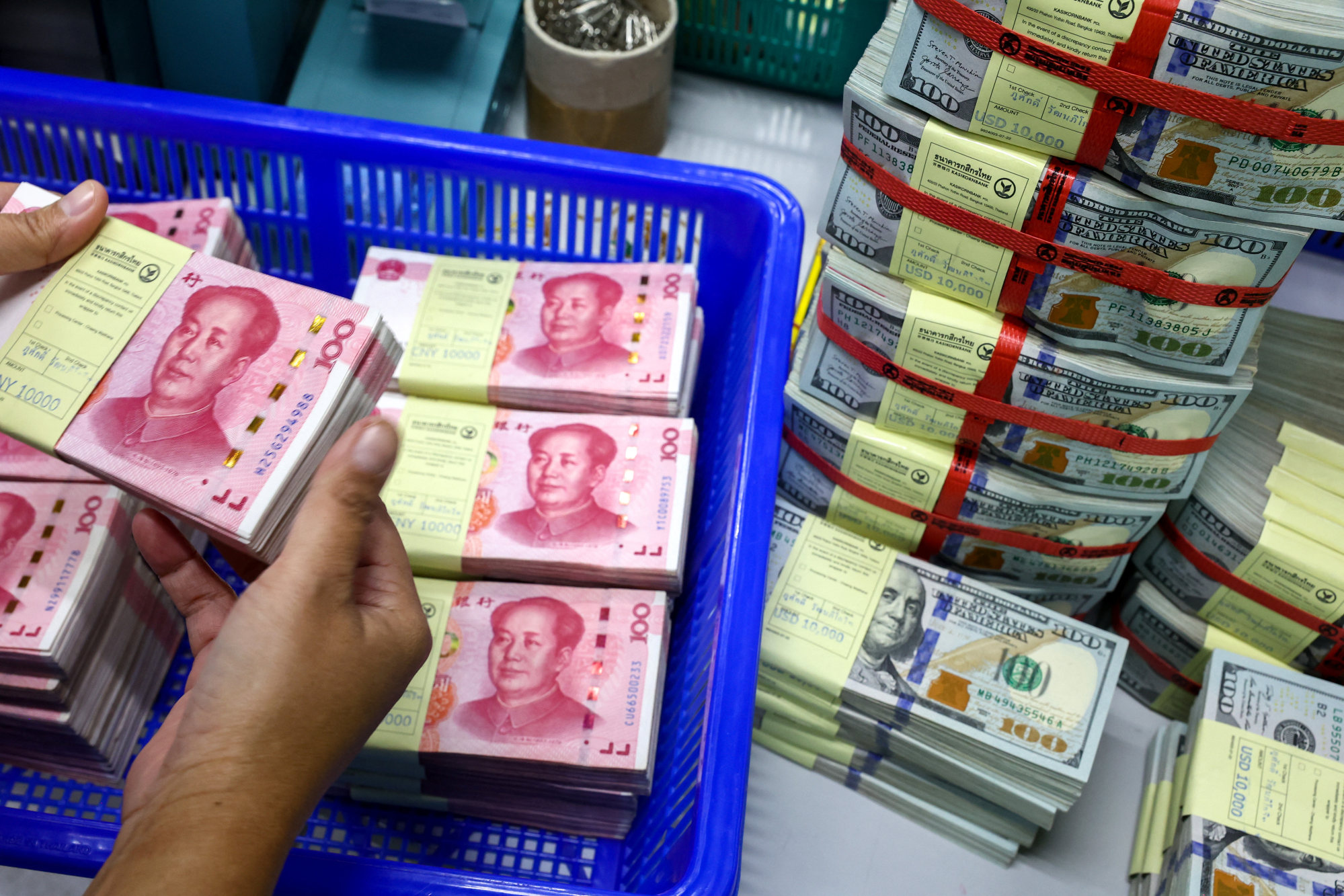
US dollar trust not an ‘easy thing to overcome’ despite jump in de-dollarisation
-
International Finance Forum say a trend of using regional currencies rather than US dollar is a result of unprecedented US monetary tightening
-
But dependence on the US dollar is not going to be a very easy thing to overcome, said former central bank of Malaysia governor Nor Shamsiah
Interest in de-dollarisation is increasing given growing financial fragmentation risks worldwide, according to a report, but there is still not a credible alternative to the US dollar despite yuan internalisation efforts, political and financial leaders said at a forum at the weekend.
The report by the International Finance Forum (IFF) attributed the trend of using regional currencies rather than the US dollar to the adverse spillovers of unprecedented US monetary tightening.
Global Impact is a weekly curated newsletter featuring a news topic originating in China with a significant macro impact for our newsreaders around the world.


